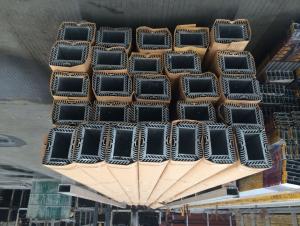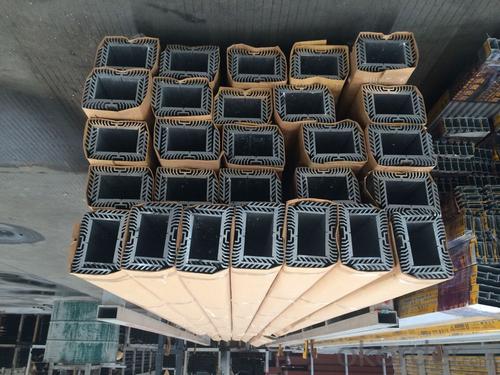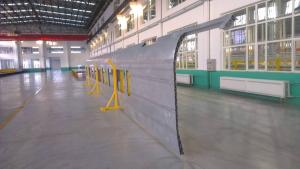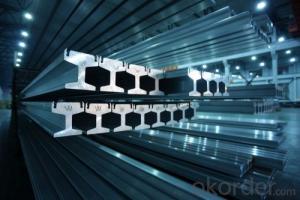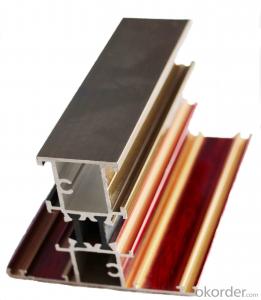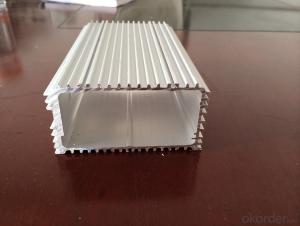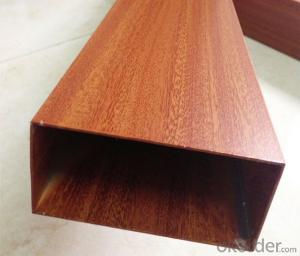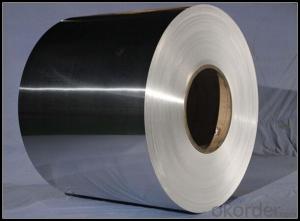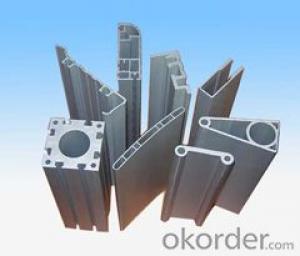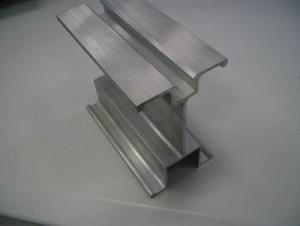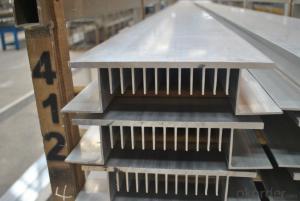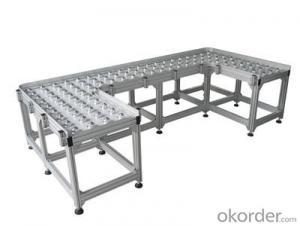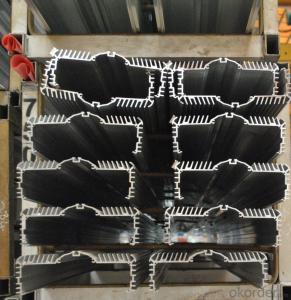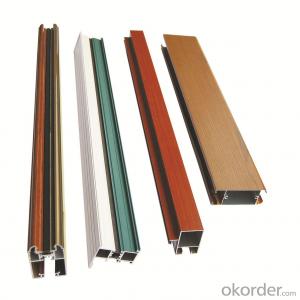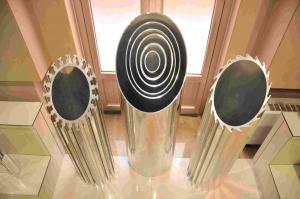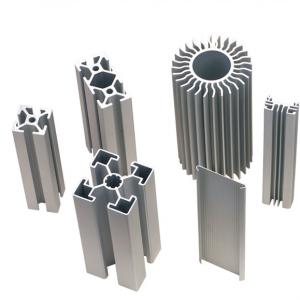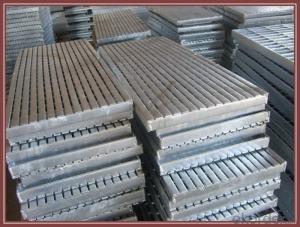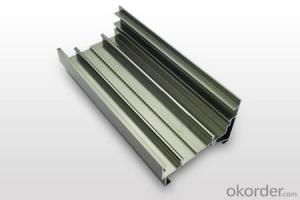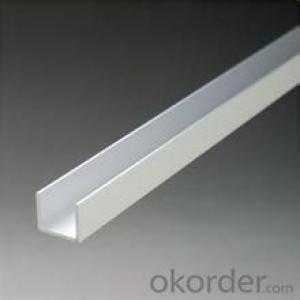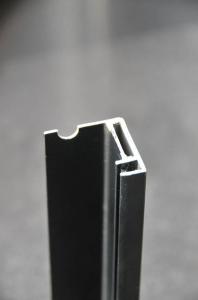Aluminum Extrusion Standard Profiles for Heat Radiators
- Loading Port:
- Shanghai
- Payment Terms:
- TT OR LC
- Min Order Qty:
- 5 m.t.
- Supply Capability:
- 1000 m.t./month
OKorder Service Pledge
OKorder Financial Service
You Might Also Like
Specifications
Aluminum profile.heat sink profile
1.Short lead time: 7-15days.
2.professional technology supports.
3.Factory direct price
aluminum profile,industrial aluminum extrusion, construction aluminum profile
Feature:
Specification: according to your aluminum profile drawing or sample
Alloy Code: 6063-T5.6061-T6 o
Surface treatment:
Mill finish
electrophresis
Anodized(silver anodizing,bronze anodizing,champagne anodizing,etc.),
powder coating (need your confirmation by the panton colour, such as RAL9001 )
Length: no more 6.0 M
Sample time: about 13 days o
Lead time:
about 20 days for 1x40' feet
package:
Shrink film and wrapper, kraft paper ,plastic film or per client's requirement.
price: A00(SMM)+Processing fee
payment :
30% deposit +70% before the delivery or against the copy of B/L
delivery : 15-25 days after the deposit confirmed
- Q: What are the various types of connectors that can be used with aluminum profiles?
- <p>Aluminum profiles can be connected using a variety of connectors designed for different applications and structural needs. Common types include: 1. T-slots connectors, which slide into the T-slots of the profiles for secure attachment. 2. Angle connectors, used to join profiles at right angles. 3. Corner brackets, for creating 90-degree corners. 4. Clamping blocks, which hold profiles together without screws. 5. Hinges, allowing for pivoting movements. 6. End caps, to cover the ends of profiles. 7. Cylindrical connectors, for joining round tubes. 8. Linear connectors, for straight-line connections. 9. Specialized connectors for specific applications, such as cable management or mounting brackets. These connectors are crucial for assembling aluminum profile systems in various configurations.</p>
- Q: What are the various finishes or coatings that can be applied to aluminum profiles to enhance their appearance, durability, or functionality?
- <p>Aluminum profiles can be coated with a variety of options to improve their aesthetic appeal, corrosion resistance, and performance. These include anodizing, which creates a protective oxide layer; powder coating, offering a wide range of colors and textures; electrophoretic coating, known for its smooth finish; and thermal spraying, which involves applying a coating through a high-velocity flame. Other options are painting, which can be done in various colors, and polishing, which gives a shiny finish. Each coating option has its specific benefits and applications, depending on the requirements of the project.</p>
- Q: This question asks about the measures taken to guarantee that aluminum profiles adhere to safety standards during the installation process.
- <p>To ensure aluminum profiles meet safety standards during installation, follow these steps: 1) Use profiles certified to meet international safety standards such as ISO or ASTM. 2) Employ trained professionals for installation to avoid improper handling or assembly. 3) Regularly inspect the profiles for any signs of damage or wear before and after installation. 4) Adhere to the manufacturer's guidelines and specifications for installation to avoid structural weaknesses. 5) Use appropriate safety gear and equipment during the installation process to protect workers and the public. 6) Conduct load-bearing tests to confirm the structural integrity of the installed profiles. 7) Keep detailed records of all inspections, tests, and installations for future reference and compliance checks.</p>
- Q: What are the aluminum packaging methods?
- The common packing methods of aluminum profile are every cotton covered cotton, each sleeve bag, coat plastic bag, two wire binding line, three point wrapping paper, outsourcing cotton (outsourcing paper), etc..
- Q: What are the differences between horizontal and vertical aluminum profiles?
- Vertical jet powder will be better than horizontal, horizontal spray is not good, there will be a zebra crossing
- Q: Can aluminum profiles be used in food-grade applications?
- Yes, aluminum profiles can be used in food-grade applications. Aluminum is a non-toxic, lightweight, and corrosion-resistant metal that is commonly used in the food industry. It is often used to fabricate food processing equipment, such as conveyor systems, tanks, shelves, and frames. Aluminum profiles can also be used in the construction of cleanrooms and other sanitary environments where food is processed or stored. Additionally, aluminum is easily cleaned and sanitized, making it a suitable material for food-grade applications. However, it is important to ensure that the aluminum profiles used are specifically designed for food-grade applications and comply with relevant regulations and standards to ensure the safety and quality of the food being processed or stored.
- Q: How are the aluminum and aluminum sections joined?
- Bonding is not only applicable to homogeneous materials, but also to dissimilar materials. Bonding process is simple, and no complicated process equipment is needed. Bonding operation is not necessary under high temperature and high pressure. Therefore, the adhesive parts are difficult to deform and the stress distribution of the joints is even. Under normal circumstances, the adhesive joint has good sealing, electrical insulation and corrosion resistance.Other mechanical connections, such as fasteners, connections, riveting, etc..
- Q: What are the possible alternatives to aluminum extrusions in the construction industry?
- <p>Yes, there are several alternative materials that can replace aluminum extrusions in construction projects. These include steel, which is strong and durable but heavier; fiberglass, known for its lightweight and corrosion resistance; and thermoplastics like PVC, which are cost-effective and easy to work with. Each material has its own advantages and limitations, and the choice depends on the specific requirements of the project, such as strength, weight, cost, and environmental factors.</p>
- Q: How do aluminum profiles contribute to sustainable infrastructure development?
- Aluminum profiles contribute to sustainable infrastructure development through their numerous environmental benefits. Firstly, aluminum is a highly recyclable material, with over 75% of all aluminum ever produced still in use today. This promotes a circular economy and reduces the need for primary aluminum production, which requires significant energy consumption and releases greenhouse gas emissions. Additionally, aluminum profiles are lightweight yet strong, allowing for efficient transportation and installation, which reduces energy consumption during construction. Furthermore, aluminum's corrosion resistance ensures the longevity of infrastructure, reducing maintenance and replacement needs. Overall, the use of aluminum profiles in infrastructure projects promotes sustainability by minimizing resource depletion, reducing energy consumption, and extending the lifespan of structures.
- Q: The aluminum and Fenglv aluminum material which is better suited for doors and windows
- Al Feng is one of the ten famous material, certainly no problem. But Feng packaging is too thick, high cost. To do the doors and windows of the aluminum used to choose cost-effective, as a special material for the sale of aluminum, I have the following recommendations: 1. The window wheel is good, and the pressed glass should be durable and corrosion resistant. 2. doors and windows sealing performance better, 3. pages to be matched with materials, gauze or rust, and thickness and density better than 4. The cost performance is high, the surface treatment layer of the profile is electrophoresis, and the electrophoresis layer should be thick. 5. The mounting frame needs to be hit to the horizontal line.
Send your message to us
Aluminum Extrusion Standard Profiles for Heat Radiators
- Loading Port:
- Shanghai
- Payment Terms:
- TT OR LC
- Min Order Qty:
- 5 m.t.
- Supply Capability:
- 1000 m.t./month
OKorder Service Pledge
OKorder Financial Service
Similar products
Hot products
Hot Searches
Related keywords
